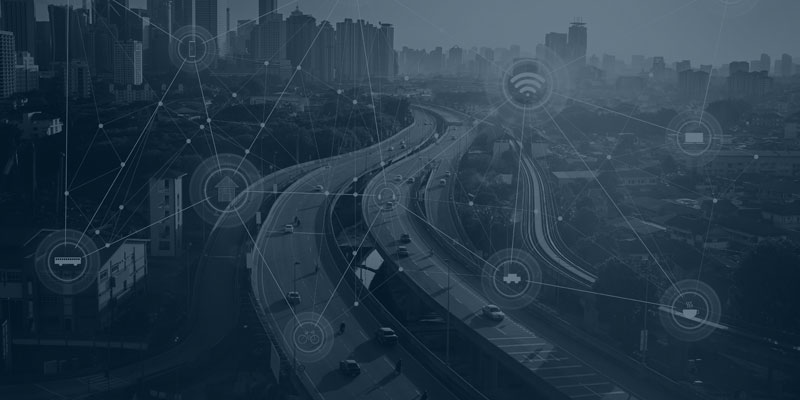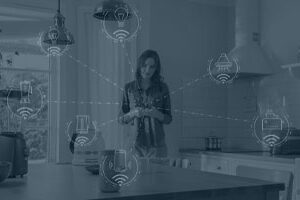Bad weather has a significant impact on all drivers, sudden changes and different local road conditions all impact road safety. Just think of the first snowfall, icy roads or foggy weather. How can car sensor technologies help improve safety in these conditions? In this perspective, we start from our findings using a vehicle fleet equipped with external sensors to enhance road weather services. When evaluating type of sensors, sensor placement and qualitative data collection for a road weather model, we noticed that all of these have a big influence on each other.

Current road weather prediction models using car sensor data
Studies show that lower visibility or slippery surfaces because of rain or snow make driving more difficult and result in more traffic accidents. Dedicated road weather models (RWM’s) have long been a useful tool to forecast poor road conditions. However, these RWM’s typically depend on fixed observation stations that don’t cover the entire road network. Let’s take a first step to improve road weather models and road services by using vehicle sensor observations.
Well-known reactive systems such as stability control and anti-lock brakes are already standard options on cars, because they’re vital for driver safety. However, these advanced driver assistance systems only activate when they detect danger. Proactive real-time safety warnings could prevent the situation altogether by alerting the driver. Other than that, road weather data could also help authorities to adapt road management more accurately.
Fortunately, there’s already a rise in connected vehicles and their sensing capabilities. The connected car market was worth $13 billion in 2012, more than doubled by 2019 ($42.6 billion) and is expected to be worth $212.7 billion by 2027. Utilizing the sensing capabilities of this new generation of connected vehicles could create a dense observation network for real-time local road weather warnings, and even improve weather prediction models.
Real-time warnings for dangerous road conditions
Verhaert, along with other industrial stakeholders and researchers from 7 countries (Belgium, France, Portugal, Romania, Spain, Turkey, and South Korea) initiated the SARWS project to provide real-time weather services, wanting to expand the local data collection mechanisms from traditional data sources towards large-scale vehicle fleets.
Our technology aims to use crowd-sourced car sensor data for real-time road weather warnings for local weather phenomena and dangerous road conditions. Moreover, these observations enhance the RMI road weather model and validate a fog product based on a weather model.
The primarily targeted weather conditions in the SARWS project are air and road surface temperature, visibility and road surface conditions. This could still be extended with precipitation and crosswinds. We gather local measurements from a fleet provided by a Belgian post service. The collected data is then used for:
- Analyzing time-series to detect weather- related information,
- Enhancing road weather models developed at RMI,
- Providing real-time weather services to warn drivers and authorities.




